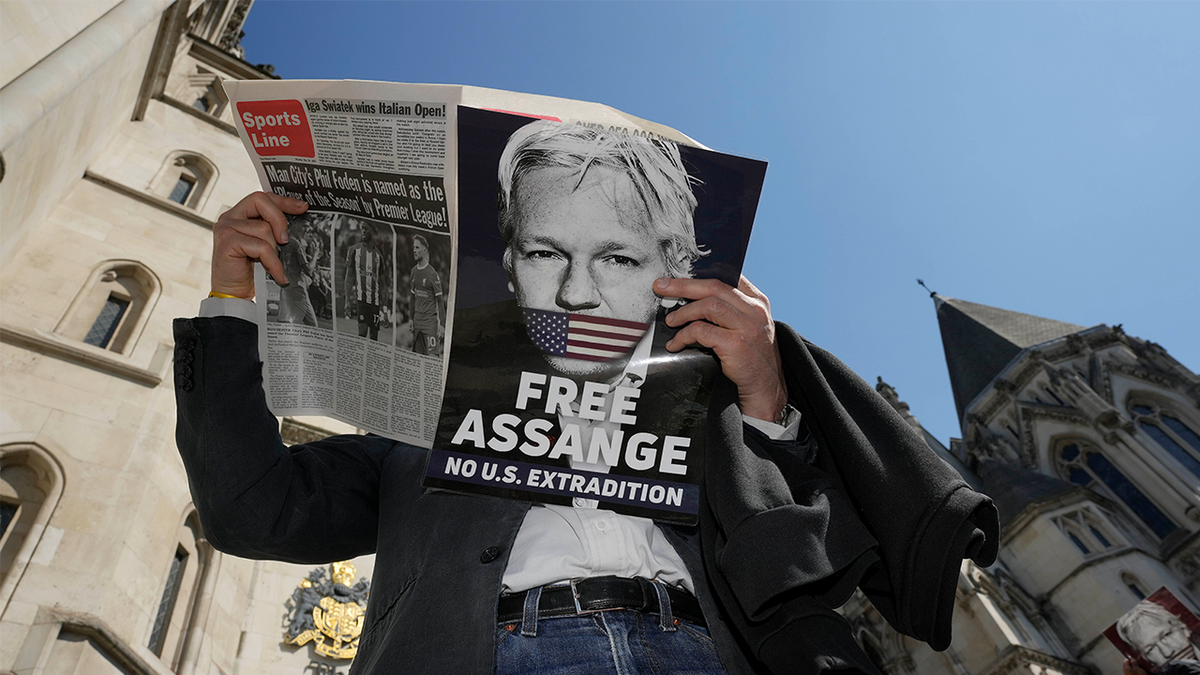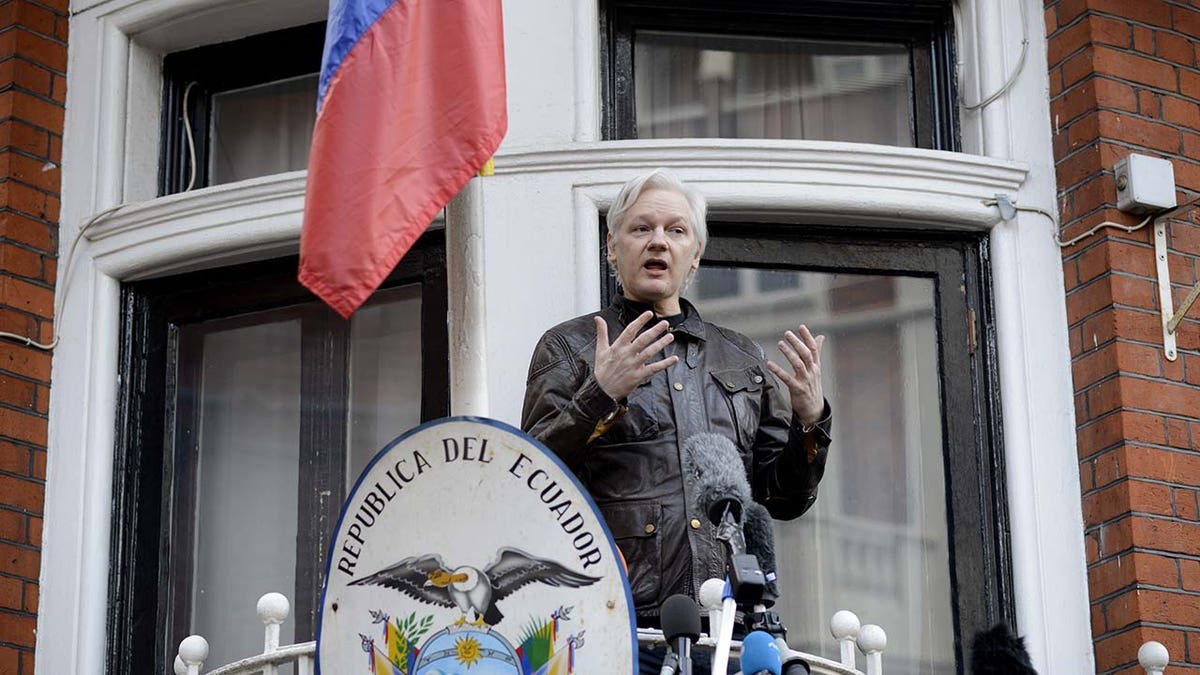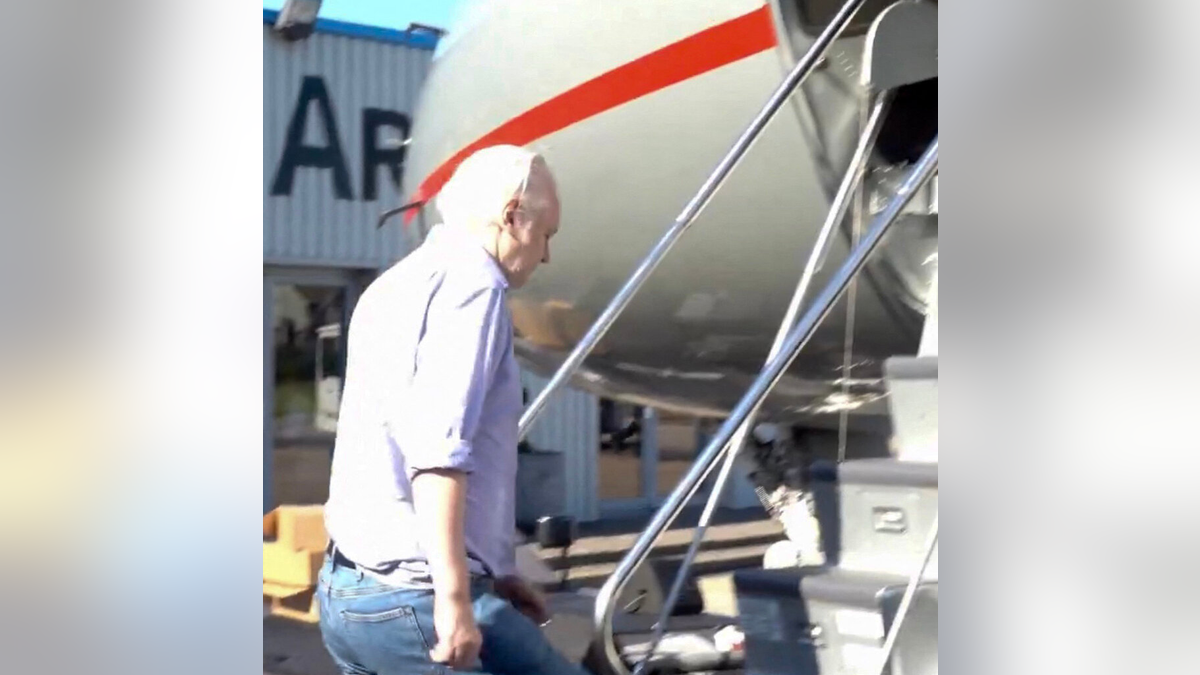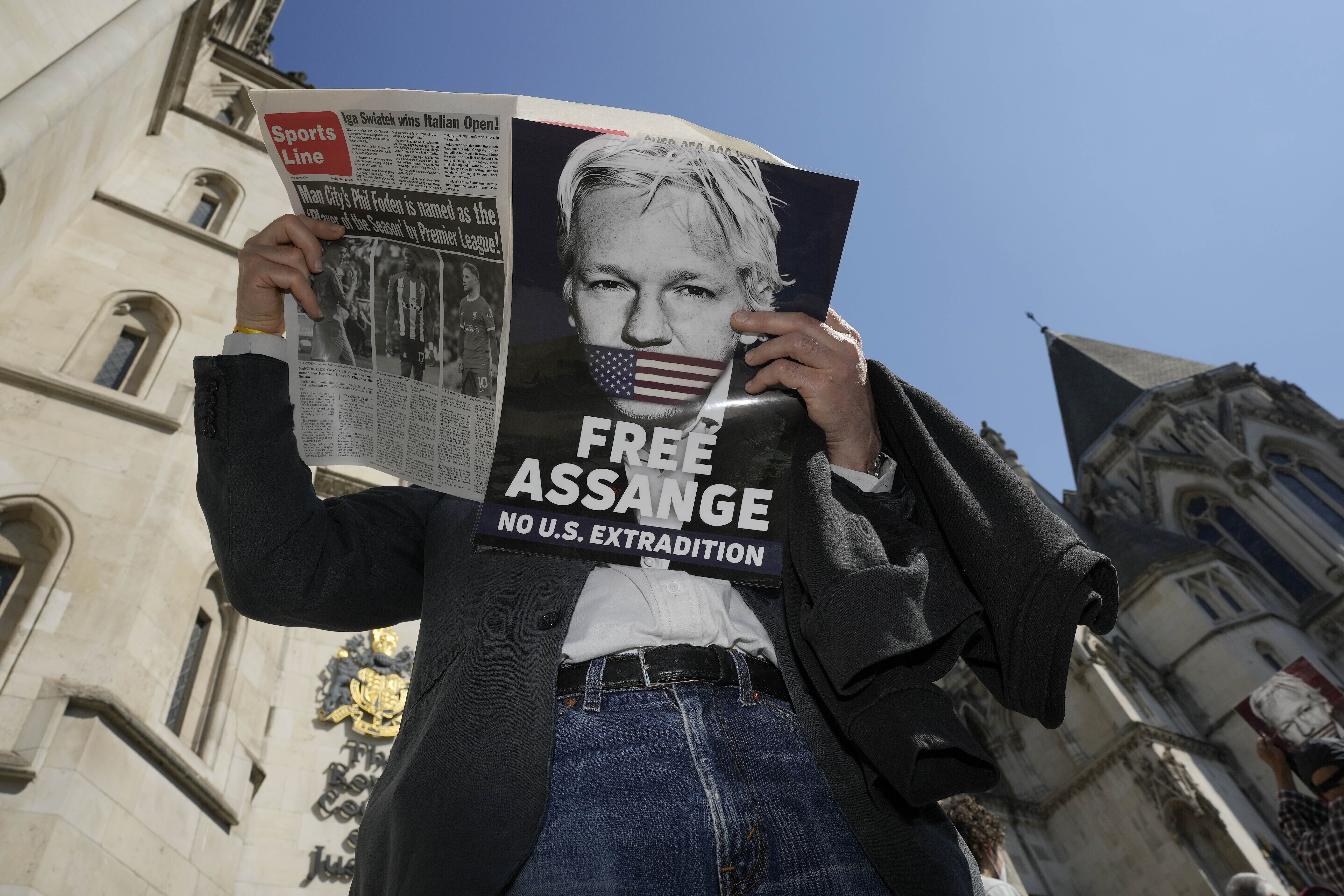
Julian Assange, the founder of WikiLeaks, has reached a plea deal with the US government to avoid imprisonment in the US and return to his native Australia. According to multiple reports, Assange will plead guilty to a felony charge related to his role in one of the largest breaches of classified material in US history.
Assange's legal battle began in 2010 when Army intelligence analyst Chelsea Manning leaked a vast trove of data to WikiLeaks, including sensitive military and government documents. Assange faced a maximum possible sentence of 175 years in prison if convicted on all the charges against him.
Before American authorities charged him, Assange had been under legal investigation since 2010 and sought asylum in London's Ecuadorian embassy to avoid extradition to Sweden. He lived in the embassy for seven years before being arrested and his asylum was retracted in 2019.
Assange has been held at Belmarsh Prison in southeast London since then, fighting the Justice Department's efforts to extradite him to the United States. The plea deal comes after a British court ruled that Assange had the right to appeal his final challenge against extradition, dealing a win for him in his years-long fight.
Under the terms of the new agreement, Assange will plead guilty to one count of conspiring to obtain and disclose information related to national defense. He is expected to be sentenced on Wednesday morning in Saipan, a US commonwealth in the Pacific where he is scheduled to appear in court.
The deal must still be approved by a federal judge, but as of Monday morning, Assange had been released from a UK prison and was reportedly on his way back to Australia. The plea deal would credit the time he served in prison, allowing him to immediately return home.
Assange's legal team has not yet commented on the deal. The US government has opposed any deal that didn't include a felony guilty plea by Assange, according to people briefed on the matter.
The charges against Assange stem from one of the largest publications of classified information in American history. Assange, an Australian citizen and hero to many free press advocates, disclosed tens of thousands of documents related to reports about the US wars in Iraq and Afghanistan, as well as State Department cables and information about the detention of prisoners at Guantanamo Bay.
Assange's supporters have rallied for his release for years, arguing that he is a journalist who was simply doing his job. Critics argue that he put lives at risk by publishing classified information without regard for the consequences.
The plea deal marks the end of a long and contentious legal battle, but it remains to be seen what impact it will have on Assange's reputation and legacy.





